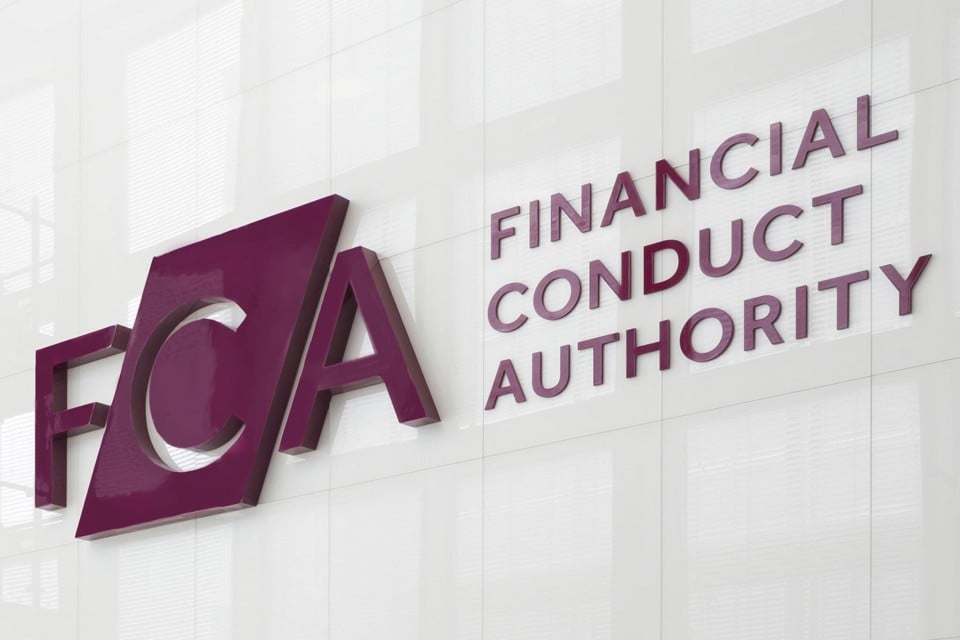Historical arrangements used by motor finance firms to pay commission to car dealers and brokers are being reviewed by the Financial Conduct Authority in case consumers have not been treated fairly.
If its concerns are realised, it could rule that there has been "widespread misconduct" in the way brokers and car dealers were paid by motor finance companies without car buyers' explicit knowledge.
The FCA says it is noticing a high number of consumer complaints to motor finance firms concerning historic commission arrangements, which the FCA banned in 2021 when it also reiterated that brokers and dealers should make their customers aware that they earn commission from finance sales.
Under the now banned difference-in-charges commission model, brokers and dealers had discretion to set the interest rate charged to the car buyer, potentially allowing them to increase their own earnings.
The ban raised awareness of the historic model and has prompted more complaints. The FCA said motor finance firms are currently rejecting most complaints because they judge they did not act unfairly nor caused their customers any loss. However a few cases have been upheld by the Financial Ombudsman Service and the County Courts.
"There is significant dispute between some firms and consumers on whether firms have breached legal and regulatory requirements. Consequently, we are using our powers under s166 of the Financial Services and Markets Act 2000, to review historical motor finance commission arrangements and sales across several firms.
"If we find there has been widespread misconduct and that consumers have lost out, we will identify how best to make sure people who are owed compensation receive an appropriate settlement in an orderly, consistent and efficient way and, if necessary, resolve any contested legal issues of general importance."
Recent judgements and rising case numbers - Why is the FCA concerned about motor finance commission? Read here.
The FCA is immediately pausing the eight-week deadline for motor finance firms to provide a final response to relevant customer complaints relating to a discretionary commission arrangement, in order to prevent inconsistent outcomes for complainants while it assesses the issue.
The pause will last for 37 weeks and applies to the relevant complaints received by motor finance firms since November 17 2023 until September 25 2024.
It is also giving consumers up to 15 months to refer their complaint to the Financial Ombudsman, rather than the usual six months.
The FCA will decide what, if any, further action is necessary, and could extend the pause if more time is needed to ensure consumers who might be owed compensation will receive it.
 Sheldon Mills, executive director of consumers and competition at the FCA, said: "We are taking a closer look at historical discretionary commission arrangements in the motor finance market following a high number of complaints from customers, which are being rejected by firms.
Sheldon Mills, executive director of consumers and competition at the FCA, said: "We are taking a closer look at historical discretionary commission arrangements in the motor finance market following a high number of complaints from customers, which are being rejected by firms.
"If we find widespread misconduct, we will act to make sure people are compensated in an orderly, consistent and efficient way."
Sue Robinson, chief executive of the National Franchised Dealers Association (NFDA), said NFDA will support its members and monitor any further developments from the Financial Conduct Authority (FCA) and Financial Ombudsman Service (FOS) on this issue.
“The FCA are engaging with NFDA and have requested a meeting as soon as possible.. With these measures coming into force immediately, we strongly encourage our members to read what is required," she added.



















Login to comment
Comments
No comments have been made yet.